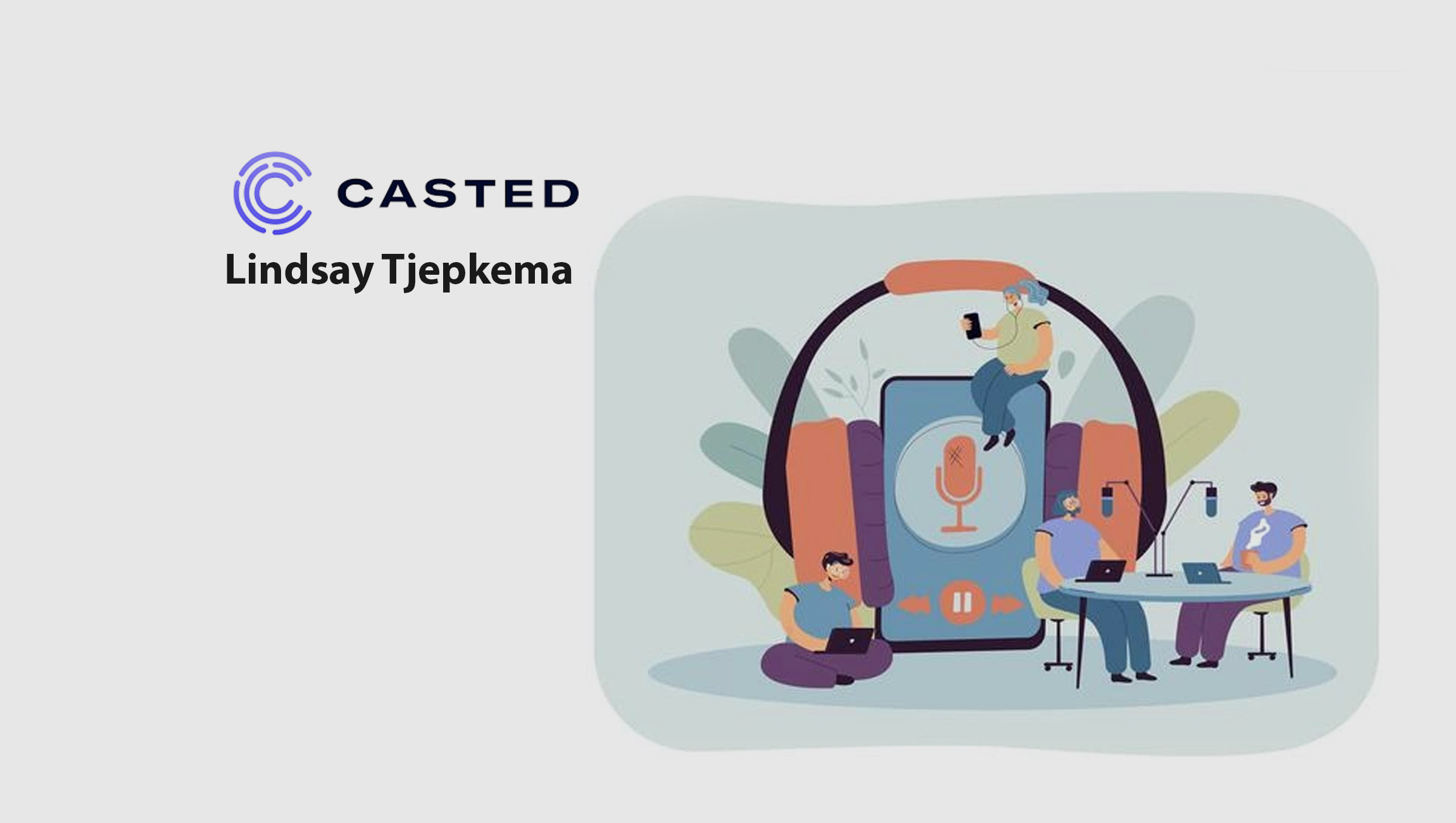As a content marketer, think back to why you started a podcast. Was it because of the growing popularity and potential to increase your brand’s visibility? If so, you aren’t the only one, given the 850,000 active podcasts and 30 million episodes available worldwide. However, if that’s all you’re using your podcast for, you are missing out on key ways to help fuel your marketing strategy.
Content marketers are tasked with churning out mass amounts of expert-level content. Instead of spinning their wheels for the next best blog post, they could rely on the wealth of information they already have from conversations with thought leaders, industry experts, customers and partners. All of this valuable information, which can easily be turned into content and used to fuel all marketing channels, is conveniently located in your brand’s podcast.
Yet, many content marketers are missing out on being able to measure their podcast and use the rich content to fuel their content marketing strategies because they don’t even own their podcasting content to begin with. B2B podcasts are an extension of your company’s brand, a key part of your content marketing strategy, and a source full of insights if measured properly. However, to measure it properly, you must first own it.
Just like you wouldn’t host your blog on a third-party site, you shouldn’t only syndicate your podcast to third-party sites and call it a day. Otherwise, you’re giving up control of the wealth of information contained within each and every episode.
Marketing Technology News: MarTech Interview with Rick Kelly, CPO at Fuel Cycle
Owning your podcast allows you to fully measure it
By hosting your podcast on your own website, you gain full access to the valuable metrics and insights they hold. We’ve been trained to view podcasts as a channel exclusively for brand awareness, only relying on the metrics Spotify, Apple, or Google let us have access to. But when owned, podcasts can do just as much for your brand as your other forms of marketing content, starting with analytics.
As an owned asset, you have access to plenty of podcast metrics, including those that allow you to see what content is resonating with your audience and insights into what the people tuning in care about most. For example, you get information on spikes in SEO, mentions on social media, who is listening, and how long they’re listening.
You can track the metrics that map back to your overarching business goals for your podcast, including traffic to your website and revenue. Insights like these go well beyond the minimal vanity metrics, like listens and downloads, which are the only analytics the big podcast platforms provide. While these metrics are also valuable, it’s important to remember that different metrics tie back to different goals. For example:
- Audience relationships and engagement: measured by the podcast content’s performance. Metrics include rating, number of comments, subscribers, listens/downloads, reviews and responses, ad clicks, promo code usage, social engagement, and top audio clips.
- Brand awareness: measured by the number of listeners and downloads of an episode, mentions on social media, and verbal exchanges with your team.
- Demand: measured by looking into what podcast content is converting and how it impacts purchase cycles and revenue. Metrics include the number of subscribers, episode and podcast content shares (such as transcripts, blogs, etc.), listeners who convert and prospects listening during the purchase cycle.
However, it’s important to note every business has different goals and, as a result, will track different metrics. Regardless, it’s crucial to have a tool to make the tracking and measurement process simple.
All of this isn’t to say you have to completely ditch the big guys. Once you own and host your podcast on your website, you can then syndicate your episodes on all major podcast players in order to reach more people and provide more ways to listen to your show. The important distinction is by syndicating, you aren’t letting anyone else own your content, you’re simply expanding your reach by distributing it on more channels.
Marketing Technology News: MarTech Interview with Wendell Lansford, Co-founder at Wyng
Hosting on your website opens up more potential for your podcast
Podcasts can be used for more than just brand awareness when they’re amplified beyond syndication. When owned, marketers can use podcast content to harness the voices of company thought leaders, industry experts, partners and customers across marketing channels. And really, there’s no better source for your content.
Podcast content can be used and amplified when it’s broken down into audio, video, and transcribed content. From there, marketers can fuel blog and social media posts, ebooks, presentations, speeches, newsletters, and any other marketing channel and campaign you can think of. This process is known as amplified marketing.
The possibilities for the goldmine of content that marketers already have in their podcast are endless. Maybe you embed an audiogram into your blog posts to break up text, use transcriptions to write whole articles, post a video clip on social media, or pull customer quotes. All of the sudden, content marketers aren’t swamped with writing mass amounts of content but instead can solely focus on their amplified marketing strategy.
When used to its full potential, podcast content serves a much bigger purpose than just brand awareness. It can drive content creation, build trust with your audience, and promote higher engagement.
Marketing Technology News: MarTech Interview with Stefan Lederer, Chief Executive Officer and Co-Founder at Bitmovin











